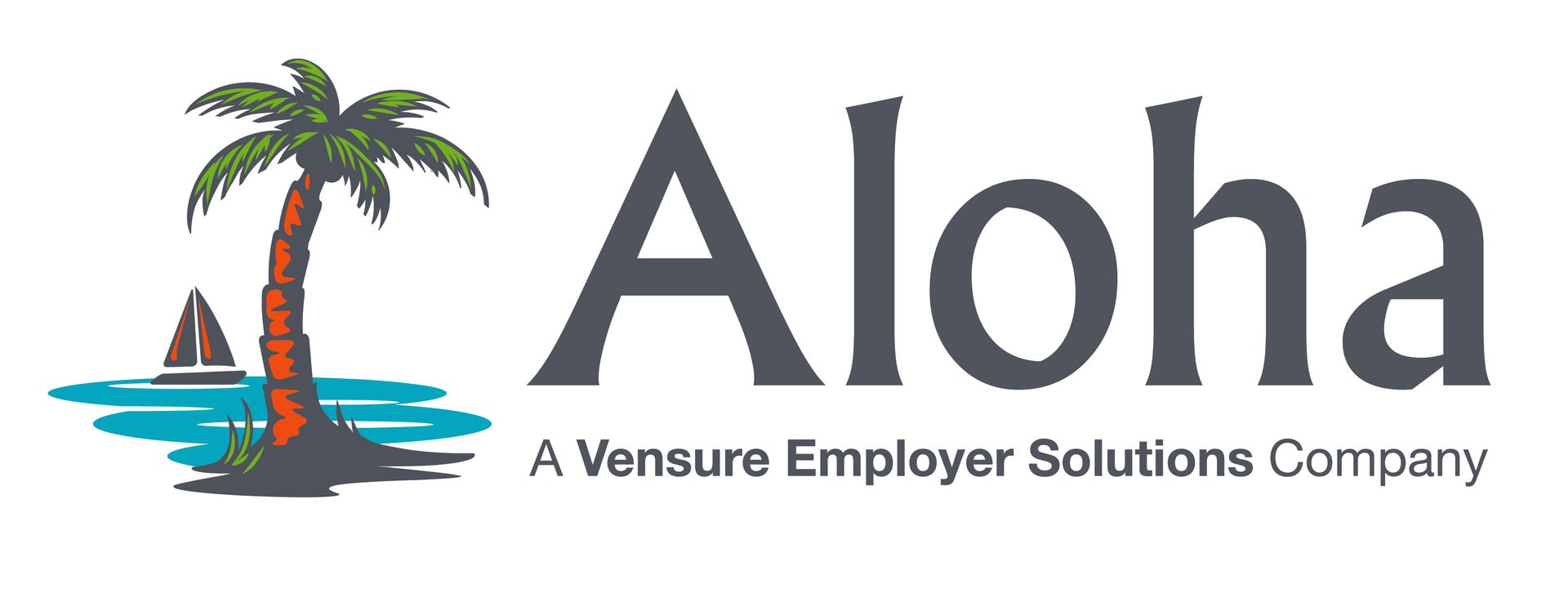10 Essential HR Policies Every Company Should Have
Human resources (HR) policies are a crucial part of any company's operations. They provide guidelines and procedures that ensure fairness, compliance with laws, and a positive work environment. In this blog post, we will discuss 10 essential HR policies that every company should have.
1. Equal Employment Opportunity Policy
An Equal Employment Opportunity (EEO) policy ensures that all employees are treated fairly and without discrimination based on their race, color, religion, sex, national origin, disability, or age. This policy promotes diversity and inclusion in the workplace, fostering a more productive and harmonious environment.

2. Code of Conduct
A Code of Conduct outlines acceptable behavior and ethical standards for employees. It sets the expectations for professionalism, integrity, and respect in the workplace. This policy helps maintain a positive company culture and prevents misconduct or unethical behavior.

3. Anti-Harassment Policy
An Anti-Harassment policy aims to prevent any form of harassment, including sexual harassment, bullying, or discrimination. It provides clear guidelines on how to report incidents and ensures that appropriate actions are taken to address and resolve such issues.

4. Attendance and Punctuality Policy
An Attendance and Punctuality policy defines expectations regarding employee attendance and punctuality. It outlines procedures for requesting time off, reporting absences, and addressing tardiness. This policy helps maintain productivity and ensures fairness among employees.

5. Leave of Absence Policy
A Leave of Absence policy outlines the types of leave available to employees, such as sick leave, vacation leave, and parental leave. It provides guidelines for requesting and approving leaves, ensuring consistency and fairness in granting time off.

6. Performance Management Policy
A Performance Management policy establishes a framework for evaluating and managing employee performance. It outlines the process for setting goals, providing feedback, and conducting performance appraisals. This policy helps align individual and company objectives and supports employee development.

7. Employee Benefits Policy
An Employee Benefits policy outlines the benefits and perks offered to employees, such as health insurance, retirement plans, and paid time off. It ensures transparency and helps attract and retain top talent by providing a comprehensive benefits package.

8. Information Security Policy
An Information Security policy establishes guidelines for protecting sensitive company information and data. It outlines procedures for data storage, access control, and data breach response. This policy helps prevent data breaches and ensures the confidentiality and integrity of company information.

9. Social Media Policy
A Social Media policy provides guidelines for employees' use of social media platforms, both personally and professionally. It outlines expectations for appropriate behavior, confidentiality, and the use of company branding. This policy helps protect the company's reputation and prevents potential legal issues.

10. Training and Development Policy
A Training and Development policy outlines the company's commitment to employee growth and development. It establishes procedures for identifying training needs, providing learning opportunities, and evaluating the effectiveness of training programs. This policy helps enhance employee skills and contributes to overall organizational success.

Implementing these essential HR policies not only ensures compliance with laws and regulations but also fosters a positive work environment, promotes fairness, and supports employee growth and development. By having these policies in place, companies can create a strong foundation for effective HR management.
